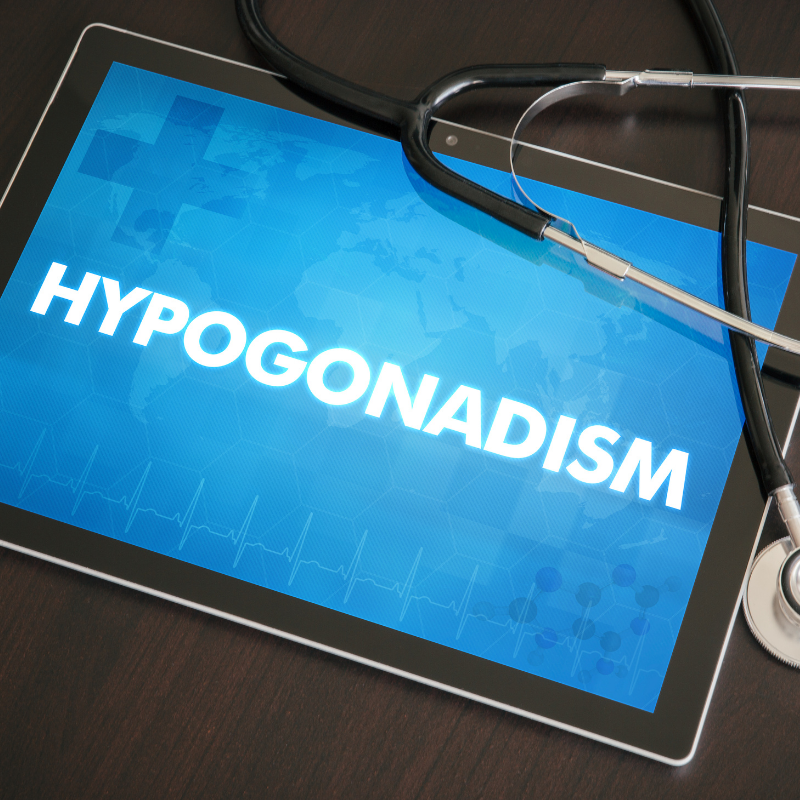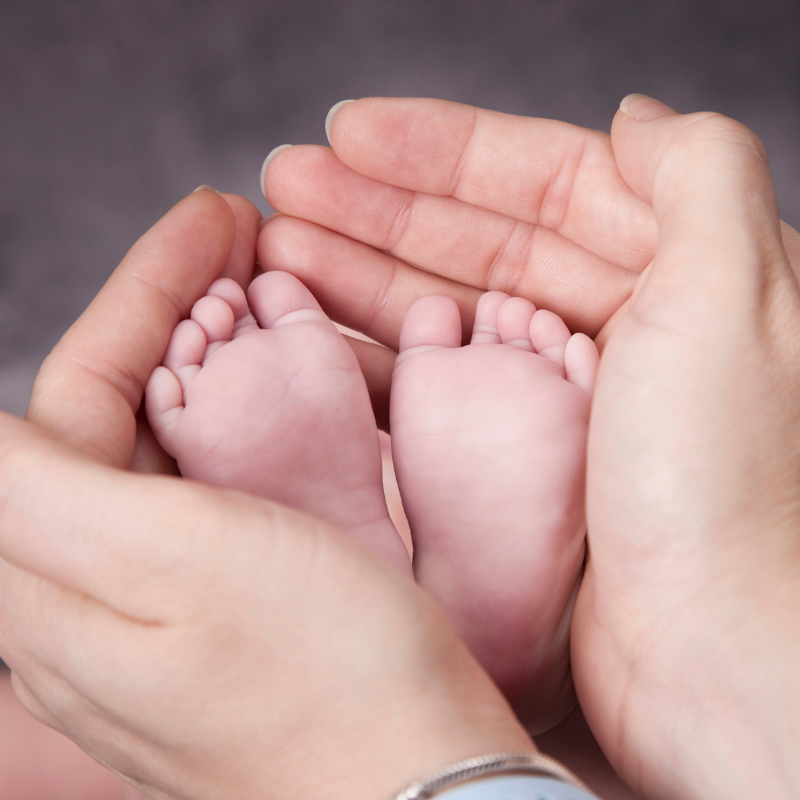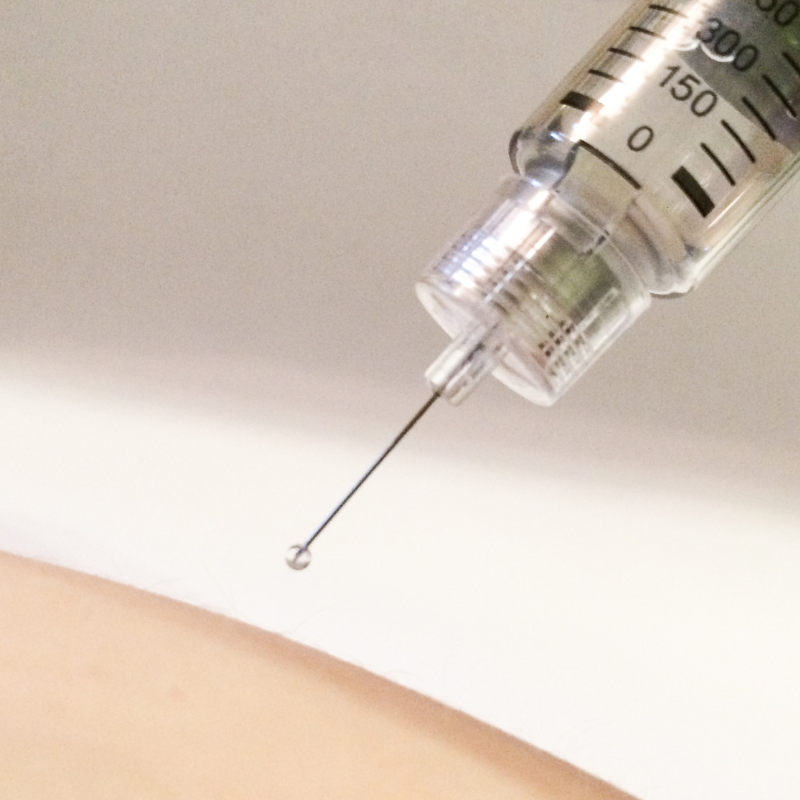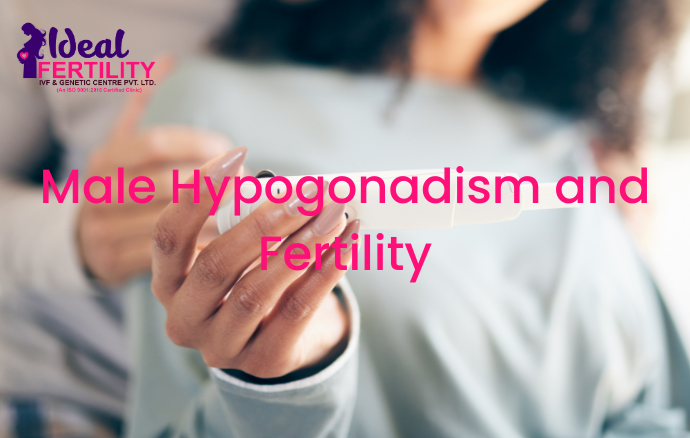Table of Contents
Male hypogonadism, commonly referred to as low testosterone, is a condition in which the male body does not produce sufficient amounts of testosterone—the hormone responsible for many critical functions, including sexual development and reproduction. This hormonal deficiency can affect not only a man’s physical and emotional health but also his fertility. For men experiencing infertility as a result of hypogonadism, assisted reproductive technologies like In Vitro Fertilization (IVF) may offer a path to parenthood.
In this article, we’ll delve into what male hypogonadism is, its symptoms, and how it can impact fertility. We’ll also explore how IVF treatment can help men with low testosterone overcome fertility challenges and start a family.
What is Male Hypogonadism?
Male hypogonadism is a condition where the testes fail to produce enough testosterone, the hormone that plays a central role in male sexual development and reproductive function. Testosterone is crucial for various bodily processes, including the growth of facial and body hair, the development of muscle mass and strength, and the production of sperm.
There are two main types of hypogonadism:
- Primary Hypogonadism: This occurs when the problem originates in the testes. The testes may not function properly due to factors like genetic disorders, injury, or certain medical treatments.
- Secondary Hypogonadism: In this form, the problem lies in the brain’s hypothalamus or pituitary gland, which fail to signal the testes to produce testosterone. Conditions like tumors, head injuries, or even aging can disrupt this process.
Regardless of the type, hypogonadism leads to reduced testosterone levels and can have a significant impact on a man’s health, particularly his reproductive abilities.

What Are the Symptoms of Male Hypogonadism?
The symptoms of male hypogonadism can vary depending on the age at which it develops. In some cases, hypogonadism occurs from birth or during puberty, while in others, it arises later in adulthood. The symptoms fall into several categories and affect various aspects of a man’s life.
Symptoms in Adolescence
When hypogonadism develops before or during puberty, it can delay sexual development and cause:
- Lack of deepening voice
- Underdeveloped or small testicles and penis
- Poor muscle development
- No facial, body, or pubic hair growth
- Difficulty gaining height or building muscle mass
- Development of breast tissue (gynecomastia)
Without proper diagnosis and treatment, hypogonadism during adolescence can lead to long-term issues with sexual development and reproductive function.
Symptoms in Adulthood
In adult men, hypogonadism can lead to a variety of physical, sexual, and emotional symptoms, including:
- Decreased libido (sex drive)
- Erectile dysfunction or difficulty maintaining erections
- Reduced muscle mass and strength
- Increased body fat, particularly around the abdomen
- Loss of body and facial hair
- Fatigue or low energy levels
- Difficulty concentrating or memory problems
- Depression or mood changes
- Decreased bone density, leading to osteoporosis or increased fracture risk
One of the most concerning symptoms for many men is the effect hypogonadism has on fertility. Testosterone plays a critical role in sperm production, and without enough of it, men may experience low sperm counts, poor sperm quality, or even infertility.
Does Male Hypogonadism Affect Fertility?
Yes, male hypogonadism can significantly affect fertility. Testosterone is not only essential for the development of male sexual characteristics but also for the production of healthy sperm. When testosterone levels are low, the testes may not produce enough viable sperm, making it difficult to conceive naturally.
In many cases, men with hypogonadism suffer from low sperm count (oligospermia) or no sperm production (azoospermia). Both of these conditions make it extremely challenging for sperm to fertilize an egg during intercourse.
However, it’s important to note that low testosterone does not always mean a complete inability to conceive. For some men, addressing the underlying hormonal imbalance or utilizing assisted reproductive technologies can restore their ability to father children. One such option is IVF (In Vitro Fertilization), a process that offers hope to couples struggling with male-factor infertility.
How IVF Can Help Men with Hypogonadism Achieve Parenthood
For men with hypogonadism and fertility issues, IVF is often a recommended course of action. IVF is a fertility treatment in which an egg is fertilized by sperm outside the body, and the resulting embryo is transferred into the uterus to initiate pregnancy. This process is particularly beneficial for men with low sperm counts or poor sperm quality because it circumvents many of the challenges associated with natural conception.


IVF with Intracytoplasmic Sperm Injection (ICSI)
For men with hypogonadism, IVF is often combined with a procedure known as Intracytoplasmic Sperm Injection (ICSI). In this method, a single sperm is directly injected into an egg to ensure fertilization. ICSI is useful in cases where sperm motility or quality is low, as it allows fertility specialists to select the best sperm from a sample.
ICSI has revolutionized fertility treatments for men with low testosterone and poor sperm quality. Even if only a few viable sperm are present in a semen sample, they can be used to fertilize an egg and initiate pregnancy. In some cases, if sperm is not present in the semen, doctors may extract sperm directly from the testes for use in the ICSI process.
Hormonal Therapy Before IVF
Before undergoing IVF, some men with hypogonadism may benefit from hormone replacement therapy (HRT) to boost testosterone levels and encourage the production of viable sperm. Hormonal treatments, such as gonadotropin injections, can stimulate the testes to produce more testosterone and increase sperm production.
This pre-IVF treatment plan can improve sperm count and quality, enhancing the chances of a successful pregnancy during the IVF cycle. A fertility specialist will assess each man’s specific situation to determine if hormone therapy is appropriate before proceeding with IVF.
Advantages of IVF for Men with Hypogonadism
The key advantages of IVF for men with hypogonadism are:
- Bypassing Natural Conception Challenges: IVF allows fertilization to occur outside the body, which can be beneficial when sperm quality or quantity is low.
- Sperm Selection: ICSI enables doctors to select the healthiest sperm, improving the likelihood of successful fertilization.
- Increased Success Rates: For men with hypogonadism, the combination of hormone treatments and IVF offers a much higher chance of conception compared to natural methods.
- A Viable Path to Parenthood: IVF provides a realistic and effective option for men who may otherwise struggle with infertility due to low testosterone.
Embracing IVF and Starting Parenthood Happily
Facing infertility due to male hypogonadism can be a deeply emotional and challenging experience for couples. However, IVF offers hope and a pathway to achieving parenthood despite hormonal imbalances. Many couples who have dealt with infertility due to low testosterone have successfully conceived with the help of IVF, allowing them to fulfill their dreams of starting a family.
It’s essential to work closely with a fertility specialist who can guide you through the process, recommend appropriate treatments, and address any concerns you may have along the way. The combination of modern fertility treatments and medical advances ensures that even men with severe hypogonadism can become biological fathers.
Conclusion: IVF as a Solution for Male Hypogonadism
Male hypogonadism can significantly impact a man’s health and fertility, but it does not have to be a barrier to starting a family. Thanks to advances in assisted reproductive technologies, particularly IVF with ICSI, men with low testosterone can overcome infertility and embark on their parenthood journey. Whether through hormone therapy, sperm retrieval techniques, or ICSI, IVF provides an effective solution for men dealing with hypogonadism and its impact on fertility.
By opting for IVF, couples can take control of their fertility challenges and look forward to a successful and joyful path to parenthood. While the road may require patience and perseverance, the reward of holding your child in your arms makes the journey well worth it.

